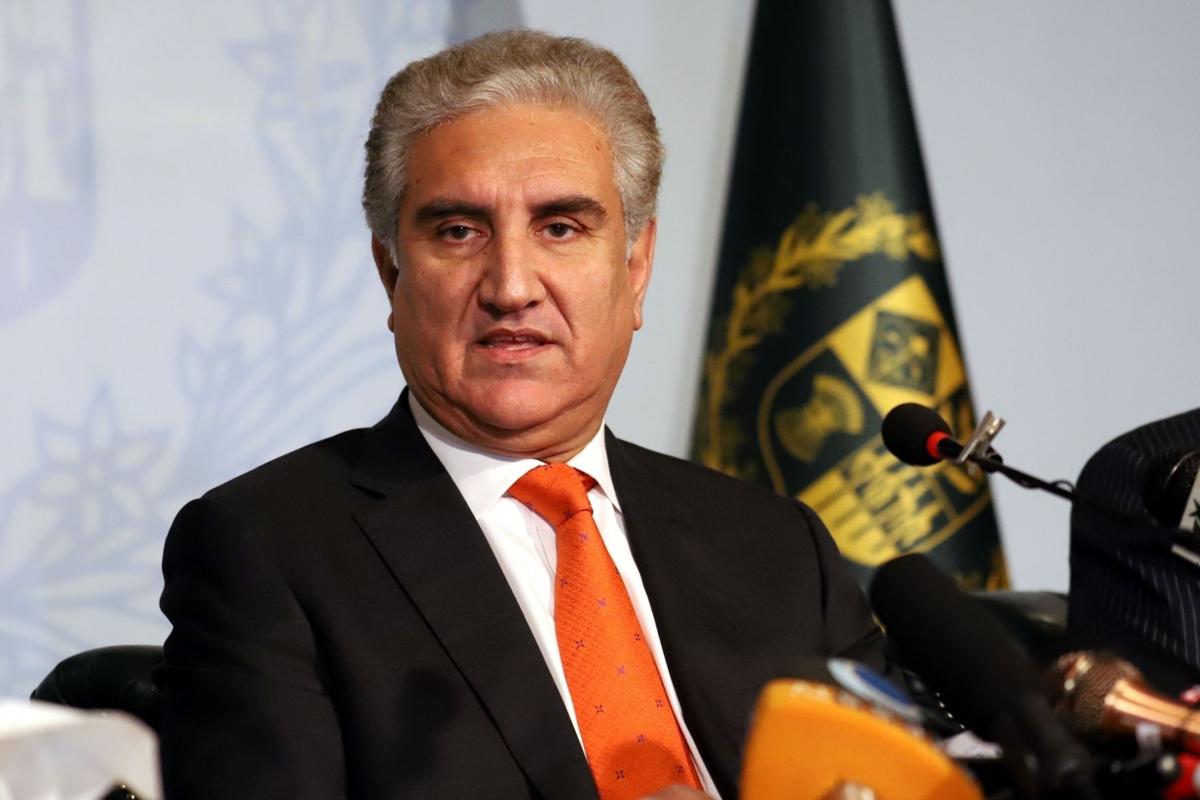مضمون کا ماخذ : Baccarat odds
متعلقہ مضامین
-
Pakistan wont play WT20 until India assures security
-
Erdogan arrives tomorrow on two-day visit
-
Anti-polio drive to commence in eight districts tomorrow
-
فارچیون ٹائیگر انٹرٹینمنٹ آفیشل ویب سائٹ
-
سٹیم پنک ایپ گیم سرکاری ویب سائٹ
-
شوٹنگ فش آفیشل ڈاؤن لوڈ کی مکمل گائیڈ
-
PS الیکٹرانک انٹرٹینمنٹ آفیشل فورم: گیمنگ اور الیکٹرانک تفریح کا مرکز
-
الیکٹرانک سٹی ٹرسٹڈ انٹرٹینمنٹ پلیٹ فارم کی جدید سہولیات اور خصوصیات
-
فوٹونگ الیکٹرانک کریڈٹ انٹرٹینمنٹ ایپ کی جدید سہولیات
-
PG سافٹ ویئر کا سرکاری گیم ویب سائٹ: ایک جدید گیمنگ کا تجربہ
-
می تھائی چیمپئن ایپ گیم پلیٹ فارم ڈاؤن لوڈ
-
زیا الیکٹرانکس ایپ تفریحی ویب سائٹ کی منفرد خصوصیات













